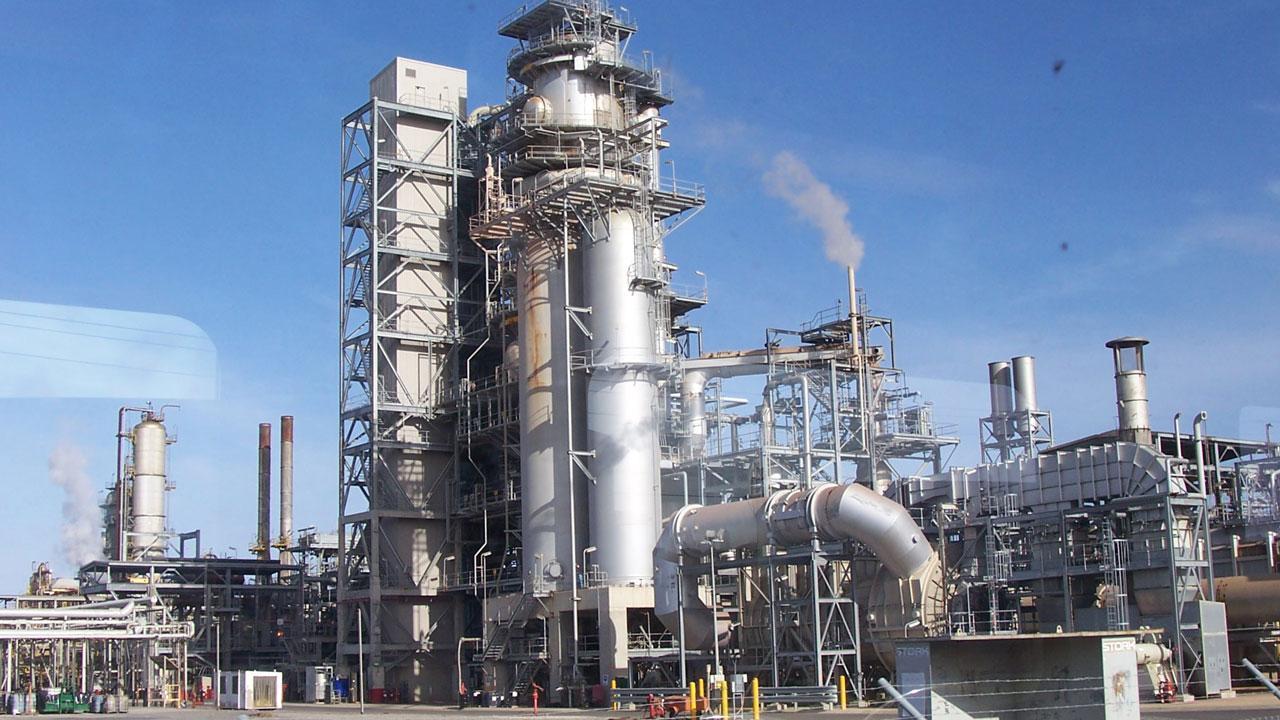
By Abba Hamisu Sani
Africa-Press – Nigeria. The African continent has long depended heavily on the importation of essential goods, despite its vast natural resources.
Petroleum products are a prime example. Although several African nations are rich in oil, they still rely on importing refined petroleum products.
Nigeria, one of Africa’s leading oil-producing countries, has historically imported refined petroleum for decades, despite having four government-owned refineries.
However, the establishment of the Dangote Refinery and Petrochemical facility—the largest single-train refinery in Africa—has been hailed as a game-changer by economic analysts.
Dangote Refinery Expands Beyond Africa
After first meeting domestic demand in Nigeria, Dangote Refinery began exporting petroleum products to other African nations.
Now, its influence is extending far beyond Africa and the Middle East, as the United States imported over two million barrels of jet fuel from the world’s largest single-train refinery in March 2025.
Experts say this development is a source of immense pride for Nigerians, as it demonstrates the refinery’s unparalleled product quality and the trust placed in it by the international community.
According to data from the ship-tracking service Kpler, six vessels carrying approximately 1.7 million barrels of jet fuel from the Dangote Refinery arrived at U.S. ports in March. Another vessel, Hafnia Andromeda, is set to dock at the Everglades Terminal on March 29, 2025, carrying an additional 348,000 barrels of jet fuel.
This milestone underscores the Dangote Refinery’s capacity of 650,000 barrels per day and its growing role in global energy markets.
Africa’s Role in Reshaping Global Fuel Trading Dynamics
Dangote Refinery’s growing export capacity is positioning Africa as a key player in global fuel trading, creating a new swing supplier in the Atlantic Basin.
This recent shipment to the United States follows the refinery’s earlier export of three jet fuel cargoes—totaling approximately 130 million liters—to Saudi Arabia.
The refinery has already proven its ability to compete with European refineries in gasoline (PMS) exports. Now, its jet fuel shipments to the U.S. could challenge domestic producers in the world’s largest fuel-consuming nation.
Steven Barsamian, Chief Operating Officer of Tank Tiger, noted that increased fuel supply from Nigeria is expected to drive down U.S. jet fuel prices ahead of the peak summer travel season.
“U.S. jet fuel imports from the Dangote Refinery are expected to lower aviation fuel prices during this period,” said Barsamian. According to trade analysts and storage brokers, U.S. jet fuel imports in March have averaged around 226,000 barrels per day—the highest since February 2023—highlighting the global demand for Dangote Refinery’s products.
Dangote Refinery’s Global Reach
Since commencing production in January 2024, the Dangote Refinery has exported its products to almost every continent.
The recent surge in U.S. imports was partly triggered by a maintenance-related shutdown at the Phillips 66 Bayway Refinery in New Jersey.
However, analysts believe the growing preference for Dangote’s products signals its increasing prominence in the global market, having already outperformed European refineries in gasoline exports.
Dr. Muda Yusuf, an economist and CEO of the Centre for the Promotion of Private Enterprises (CPPE), described the refinery’s jet fuel export to the U.S. as a moment of national pride for Nigeria.
“Nothing could be more gratifying than knowing that our refinery produces high-quality products exported to the United States. This speaks to the refinery’s adherence to global standards and the trust the international community places in Dangote Refinery,” Yusuf said.
“These are markets with strict quality standards. If they deem our refinery worthy of supplying fuel, it is a significant achievement.”
Dr. Yusuf, the former Director-General of the Lagos Chamber of Commerce and Industry (LCCI), emphasized that Dangote Refinery is elevating Nigeria’s global standing and deserves full support from both citizens and the government.
“This is why all of us—citizens and government—must support the refinery. It is breaking barriers and enhancing Nigeria’s reputation. We must also encourage other refineries with similar capacities, as they can provide substantial economic leverage,” he added.
The Need for Functional Refineries in Nigeria
Dr. Abimbola Oyarinu, a public policy expert, pointed out that Nigeria’s economy would be in a much better state today if the country had developed functional refineries decades ago, instead of solely exporting crude oil and importing refined petroleum.
“This issue should have been addressed since 2014. The challenges we face today, including high inflation and unemployment, could have been mitigated if we had operational refineries.”
He further stated that Dangote Refinery is not only reducing Nigeria’s foreign exchange outflow but is also generating revenue through fuel exports.
“However, despite its successes, some elites and those in power continue to sabotage both the refinery and Dangote himself,” he remarked.
Oyarinu also warned that the lack of ease in doing business and the constant frustration of local investments could deter future investors.
“This is a historic achievement. Nigeria was once a mono-economy dependent solely on crude oil exports. Now, Dangote has diversified the sector by selling refined products to global markets,” he noted.
“But the question remains—who would want to invest in Nigeria after witnessing the challenges Dangote is facing?”
A Call for African Investment and Supportive Policies
As Africa’s largest privately owned refinery continues to break new ground, it is crucial for other African investors to reaffirm their confidence in the continent by increasing investments.
By doing so, Africa can attract foreign investors from other regions, creating more job opportunities and reducing the migration of Africans to Europe, America, and Asia in search of better prospects.
At the same time, African governments must adopt policies that encourage investment rather than deter it through unnecessary austerity measures.
The Dangote Refinery has set a precedent—Africa has the resources, potential, and capability to compete on the global stage. Now, it’s time for policymakers and investors to work together to sustain this momentum.
For More News And Analysis About Nigeria Follow Africa-Press






